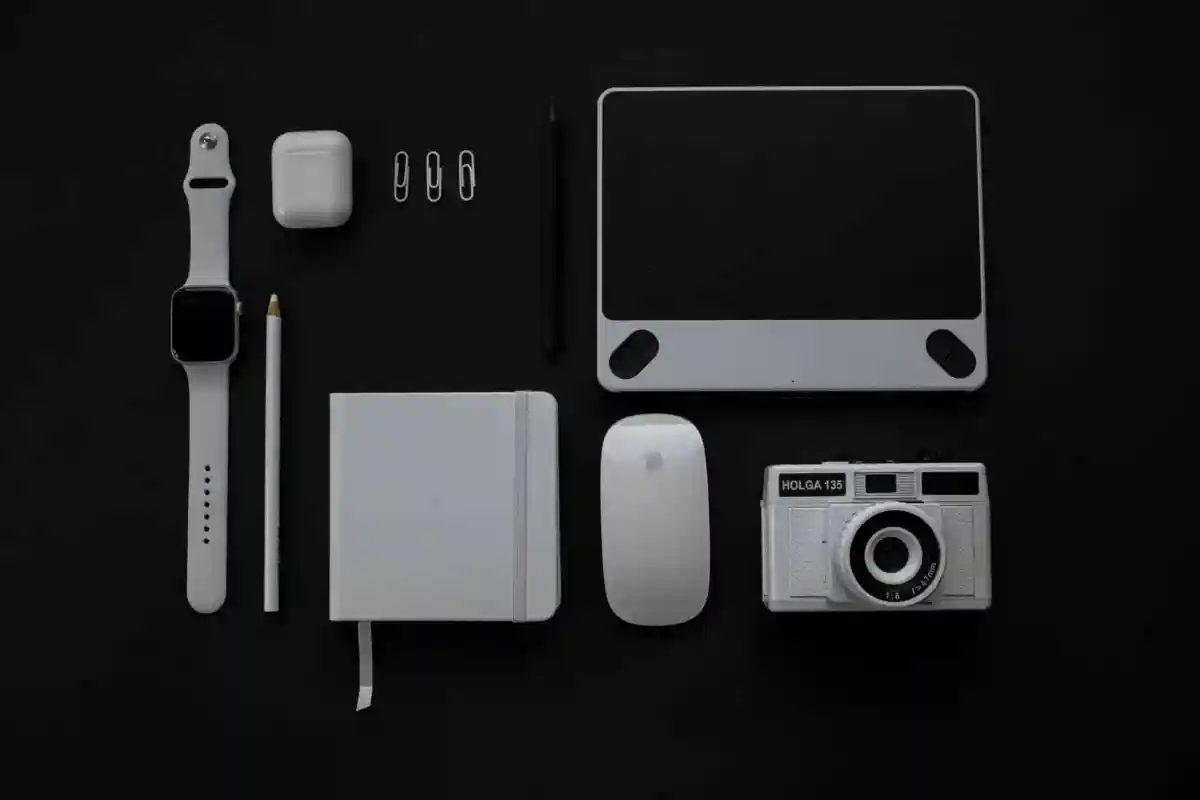Web3, the latest evolution of the internet, promises a major transformation in how we interact online. Unlike Web2, which is dominated by centralized platforms, Web3 leverages blockchain technology to create a more open, secure, and user-controlled ecosystem. Through the use of smart contracts and digital identities, Web3 enables individuals to have full control over their data, reduces reliance on intermediaries, and opens new opportunities in the digital economy.
The implementation of Web3 can already be seen across various sectors, including decentralized finance (DeFi), non-fungible tokens (NFTs), and decentralized autonomous organizations (DAOs). For instance, DeFi allows for financial transactions without traditional intermediaries, while NFTs revolutionize the concept of digital asset ownership. However, the adoption of Web3 still faces challenges such as network scalability, unclear regulatory frameworks, and the need for broader public education about the technology.
Despite these challenges, the potential of Web3 to build a more equitable and inclusive internet cannot be ignored. As technology continues to evolve and public awareness grows, Web3 has the power to become the foundation of a more transparent and decentralized digital future. For internet users, understanding and adapting to these changes will be key to unlocking the opportunities this new era brings.





